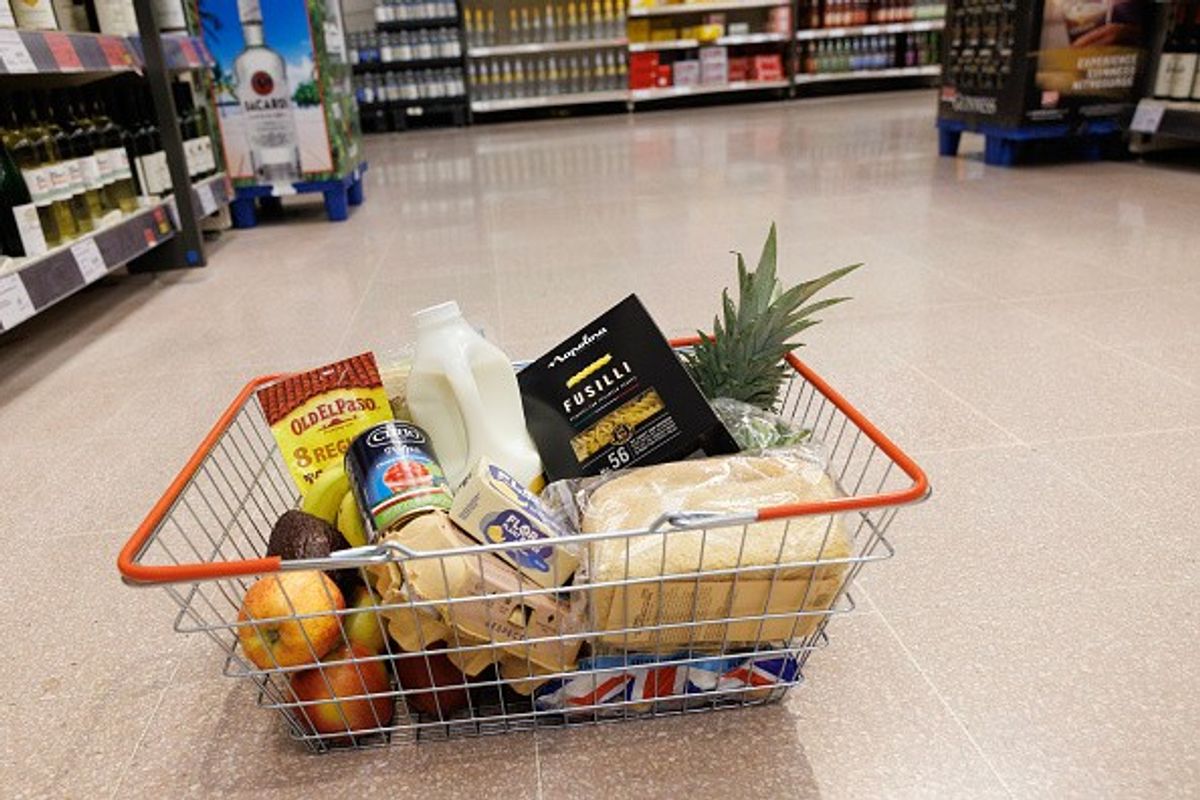Business groups have described the imposition of steep fees for individual food imports into the UK as a “hammer blow” on food prices, state recent reports.
According to Common user charge rates announced by Department of Environment, Food and Rural Affairs, importers of animal products from the EU will pay £29 per type of item – such as an individual pack of cheese or sausage. The charges will be capped at £145 per shipment, and will start on April 30, with additional checks coming up in October.
The Cold Chain Federation's chief executive Phil Pluck said the fee would have to be passed on to "either the EU importer, the smaller UK retailer, or the UK consumer".
"Ultimately, this will increase business costs and food prices and potentially lower choices for the shopper," he said.
He added that the government had "announced the charges at the last minute, leaving affected businesses little time to revise their commercial arrangements".
Horticultural Trades Association (HTA) said the policy felt like it was "constructed on the back of an envelope at best" and would "undoubtedly increase costs, potentially reduce consumer choice, and increase the likelihood of empty shelves".
"Our sector typically has multiple commodity lines per consignment, meaning, in reality, businesses in our sector will be paying the £145 maximum charge," said James Barnes, the HTA chairman.
Horticultural consignments can include plants, seeds, bulbs and cut flowers, he said.
The government has repeatedly delayed the introduction of sanitary checks on meat, dairy and the majority of plants from the EU, fearing that businesses were not prepared for the changes.
Business groups are not at all happy with the newly announced fees.
William Bain, head of trade policy at the British Chambers of Commerce, called for the UK government to U-turn on imposing the fees, which he said would risk higher food prices. He said, "This is an extremely disappointing decision by Defra on the common usage charge. The level of import charges shows scant regard to the interests of both businesses and consumers."
A flat rate fee for bringing most animal and plant products into the UK is a hammer blow for small- and medium-sized importers. It’s also deeply concerning for retailers, cafes and restaurants.
According to the government, the additional costs of the border checks and new certification requirements could add another £330m a year to business costs. Bigger businesses will be able to spread the costs over a lorry load, but it could make things much more difficult for smaller businesses such as restaurants or delis who tend to import some specialist products in small batches.


